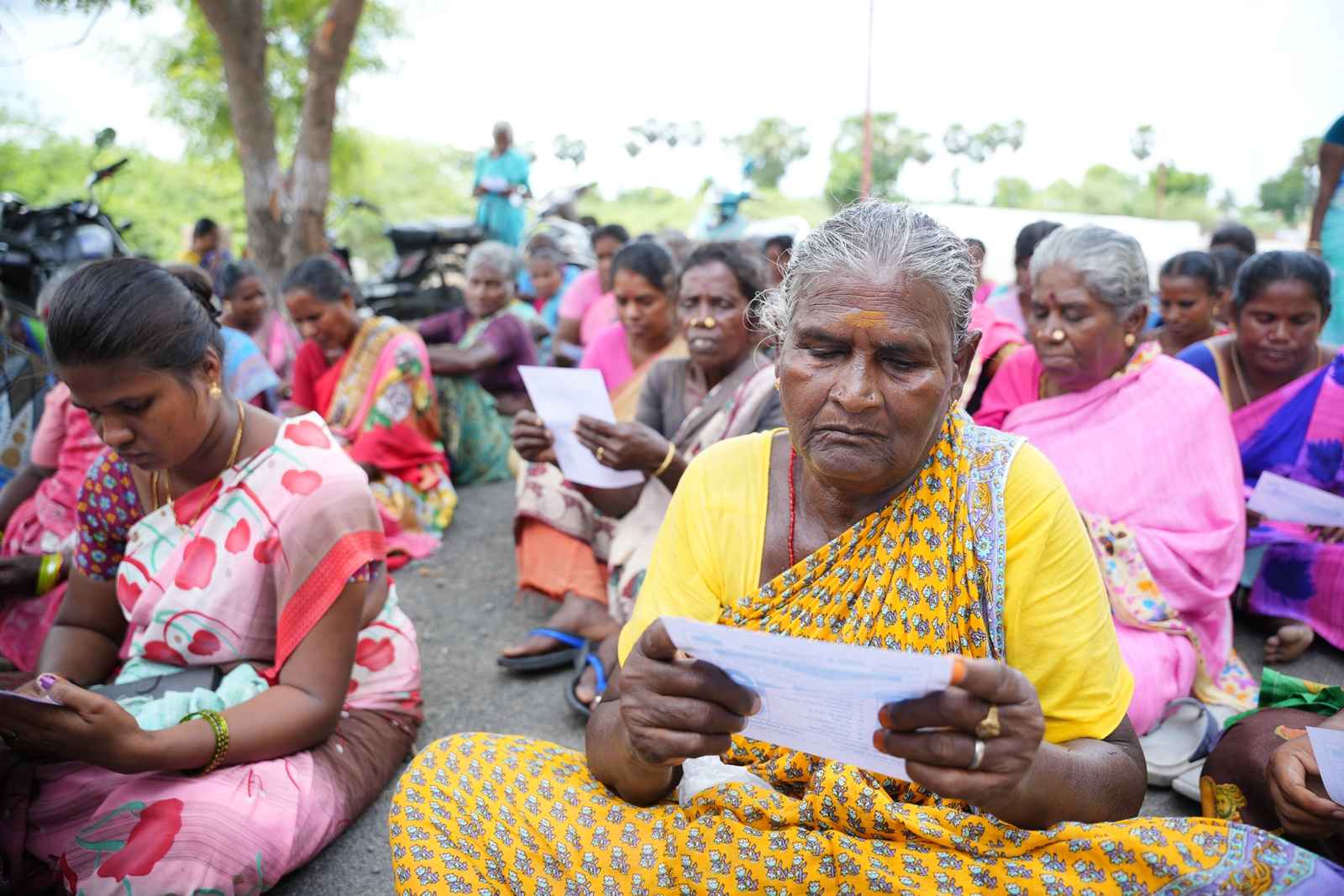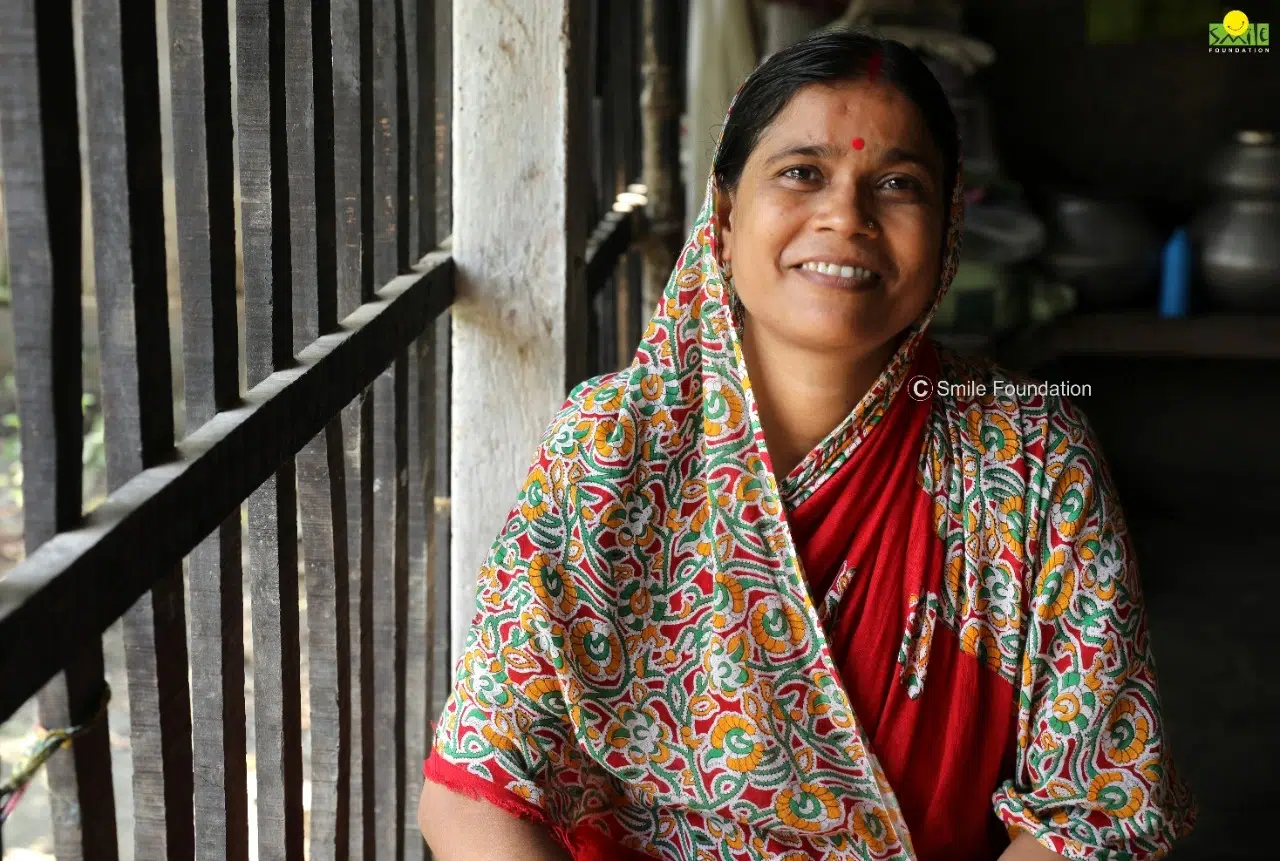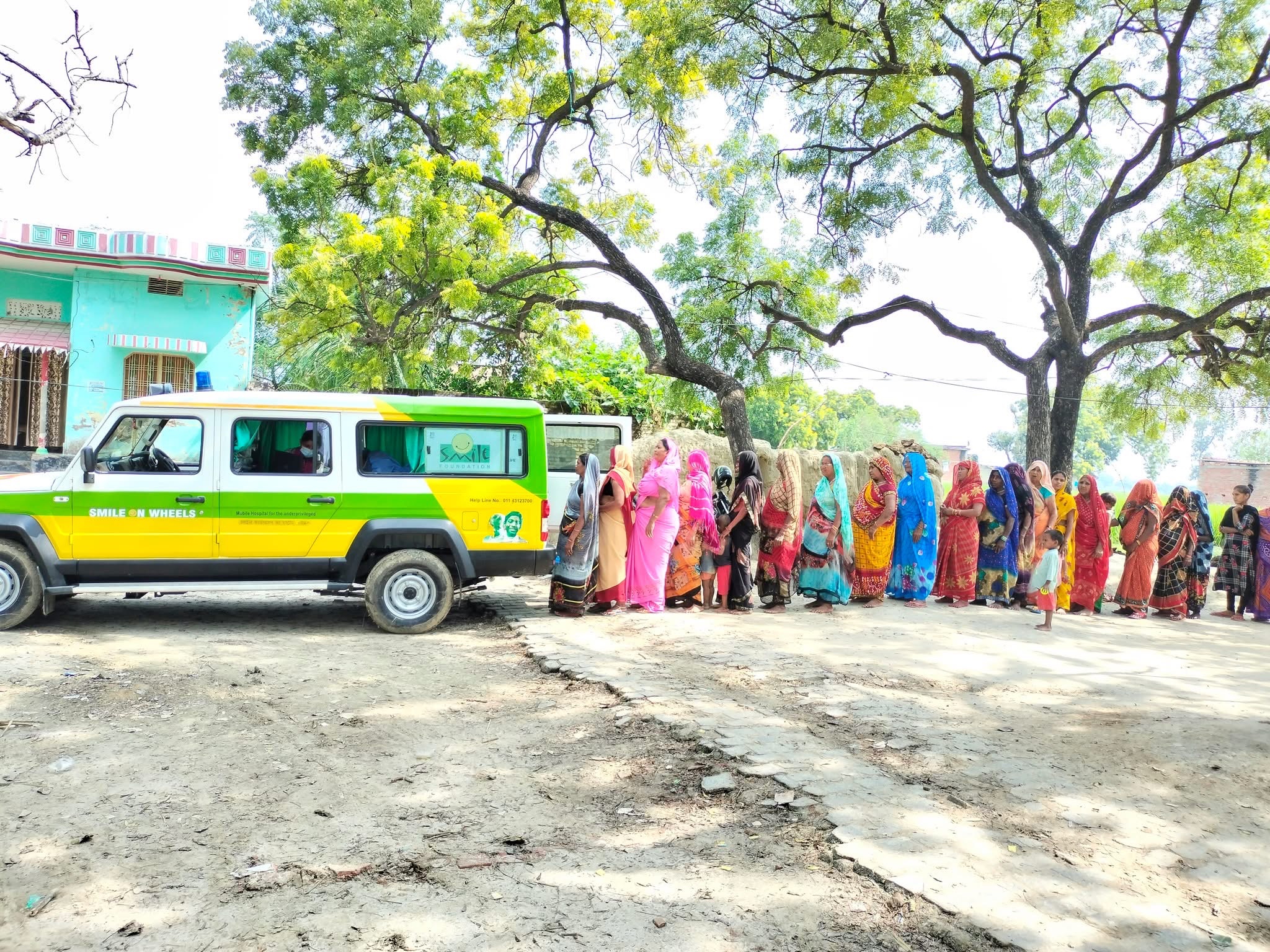Educating women on hygiene, nutrition and safety leads to improved health outcomes, boosts confidence, and ensures equal opportunities, promoting a more equitable society. Individuals with disabilities, adolescent girls, women, and infants are more susceptible to the consequences of inadequate hygiene and lack of nutrition. Good hygiene, sanitation and nutrition is essential for the prevention of the transmission of infectious diseases and the promotion of long, healthy lives. It ensures that girls attend school, which leads to improved academic performance. The productivity and participation of women in the labour force are benefited by the improvement of their health. Safety of women is also a big challenge globally. Empowering women with legal knowledge and the ability to leave unsafe areas and situations, as well as reach out to the appropriate channels for protection, is critical to their freedom of movement. Nevertheless, it is challenging to implement critical hygiene behaviours without the requisite knowledge and skills, sufficient community support, and the conviction that one’s own actions can have a significant impact. Let us know why the knowledge of each is important for young girls and women.
Personal and Menstrual Hygiene
Personal hygiene includes everyday practices that help prevent illnesses and promote good health. Bathing, washing hands, changing clothes and bedding, brushing teeth, cutting nails, maintaining menstrual hygiene and visiting doctor/healthcare providers for annual check-ups are basics of good hygiene practices.
- A good dental hygiene recommends brushing twice a day routine, which can help prevent issues such as gum disease, cavities and bad breath.
- It is recommended to shower or bathe daily with soap and water. Hand cleansing is one of the most effective methods for preventing the transmission of communicable diseases.
- Keep fingernails short to reduce the risk of infection transmission.
- Use only warm water to cleanse the vagina. The vagina is inherently protected against bacteria by its acidic environment. Washing with antibacterial soaps can disrupt the natural ecosystem and facilitate the development of yeast and bacteria.
- Properly dispose of used disposable menstrual products by wrapping them with toilet paper, a tissue, or another material and then placing them in a garbage can. After each use, it is imperative to clean menstrual cups.
- It is recommended to replace sanitary napkins every few hours.
- Access to well-maintained public restrooms and sanitation facilities with clean water, soap, and privacy is also essential for women’s health, safety and dignity.
Nutrition and Exercise
Women have unique health requirements, which must be understood. These include reproductive health, hormonal changes, and the management of common health issues like birth control, premenstrual symptoms, fertility and menopause. Osteoporosis, urinary tract infections, ovarian cancer, breast cancer, heart diseases, depression, are some other common health concerns impacting women. These health issues can considerably affect their quality of health and well-being and it is good to be aware of them.
- Pregnancy necessitates check-ups, proper nutrition and self-awareness to avoid risk of pregnancy complications that may risk the baby’s development and the mother’s health and safety.
- By maintaining awareness of the symptoms and complications of menopause, it is possible to mitigate them. Mammograms are essential for monitoring breast cancer, because early detection increases the likelihood of curing it.
- It is crucial to be cognisant of the early indicators of a heart attack and collaborate with their healthcare provider, particularly if one is obese, have high cholesterol, blood pressure, or blood sugar, are experiencing menopausal symptoms.
- Women balance responsibilities of work, family, and personal life, which can adversely affect both mental and physical health. Exercise, meditation, and therapy are effective stress management strategies that can assist women in preserving their mental health.
- A well-balanced diet, adequate sleep, and regular exercise are also essential for overall health and well-being.
Safety
Women continue to face numerous obstacles that challenge their sense of security and well-being, despite the increasing awareness and policy reforms. This reality restricts women and girls’ freedom of mobility. It is critical that women know how to maintain their safety at home, outdoors, online, at colleges or schools, and at work. To stay secure, they should learn their rights and legal safeguards, as well as learn about ways and services to help them stay safe or seek support.
It limits their ability to engage in school, job, and public life. It restricts their access to necessary services as well as their enjoyment of cultural, social and recreational engagements. They may even withdraw from these activities. This has a negative influence on their health and well-being. This withdrawal can result in a diminished support system, complicating their ability to seek assistance or share their stories. Women may feel confined in their homes, workplaces, or any challenging situations, which can intensify feelings of isolation and hopelessness.
When women are informed and empowered about hygiene, sanitation, nutrition, and safety they have a significant impact on their families and communities, promoting healthier lifestyles and reducing generational poverty cycles. Addressing women’s hygiene and health needs aligns with global goals, such as reducing inequality, ensuring good health and well-being, and fostering sustainable communities. By equipping girls and women with knowledge, we can create a more promising future for them.
Smile Foundation’s Efforts in Promoting Hygiene, Nutrition, and Safety for Girls and Women
Smile Foundation has been a relentless advocate for empowering young girls and women by addressing their critical needs around hygiene, nutrition, and safety. Recognizing that knowledge is a key driver for change, Smile Foundation conducts awareness drives, workshops, and training sessions across urban slums and rural areas to educate women and girls about personal hygiene, menstrual health, and the importance of sanitation in preventing diseases.
Our initiatives teach practical hygiene practices, such as hand washing and proper disposal of menstrual products, empowering women to lead healthier lives.
In addition, Smile Foundation places significant emphasis on nutrition through its targeted nutrition awareness programs. These initiatives not only highlight the importance of a balanced diet for reproductive health and overall well-being but also address issues like malnutrition in pregnant women and young girls, ensuring that they grow up strong and healthy.
To create safer environments, the foundation runs workshops to educate women on self-defense strategies and how to seek support during unsafe situations. This aligns with the organization’s goal to foster confidence and independence among women, enabling them to participate freely in education, work, and public life.









